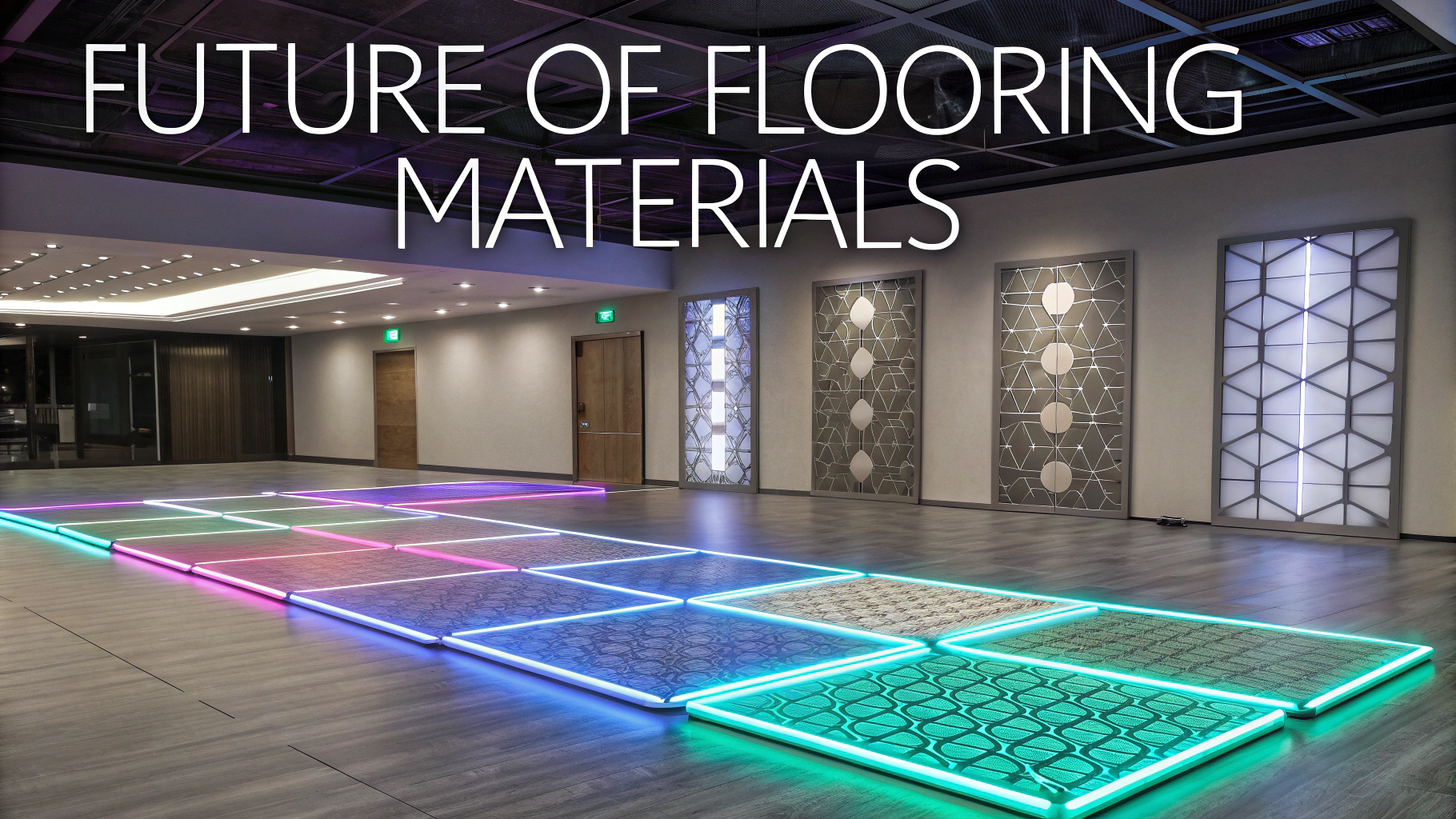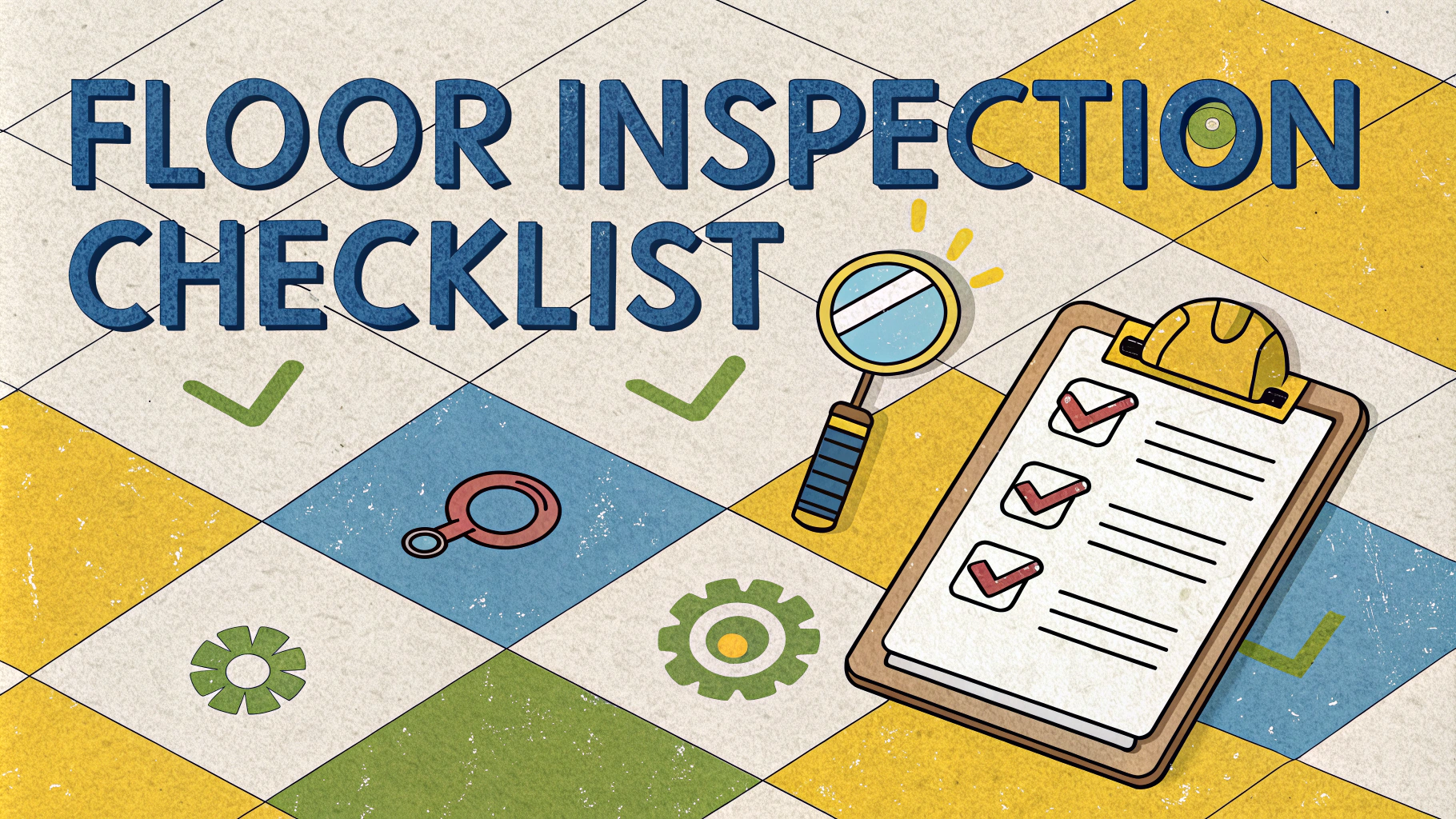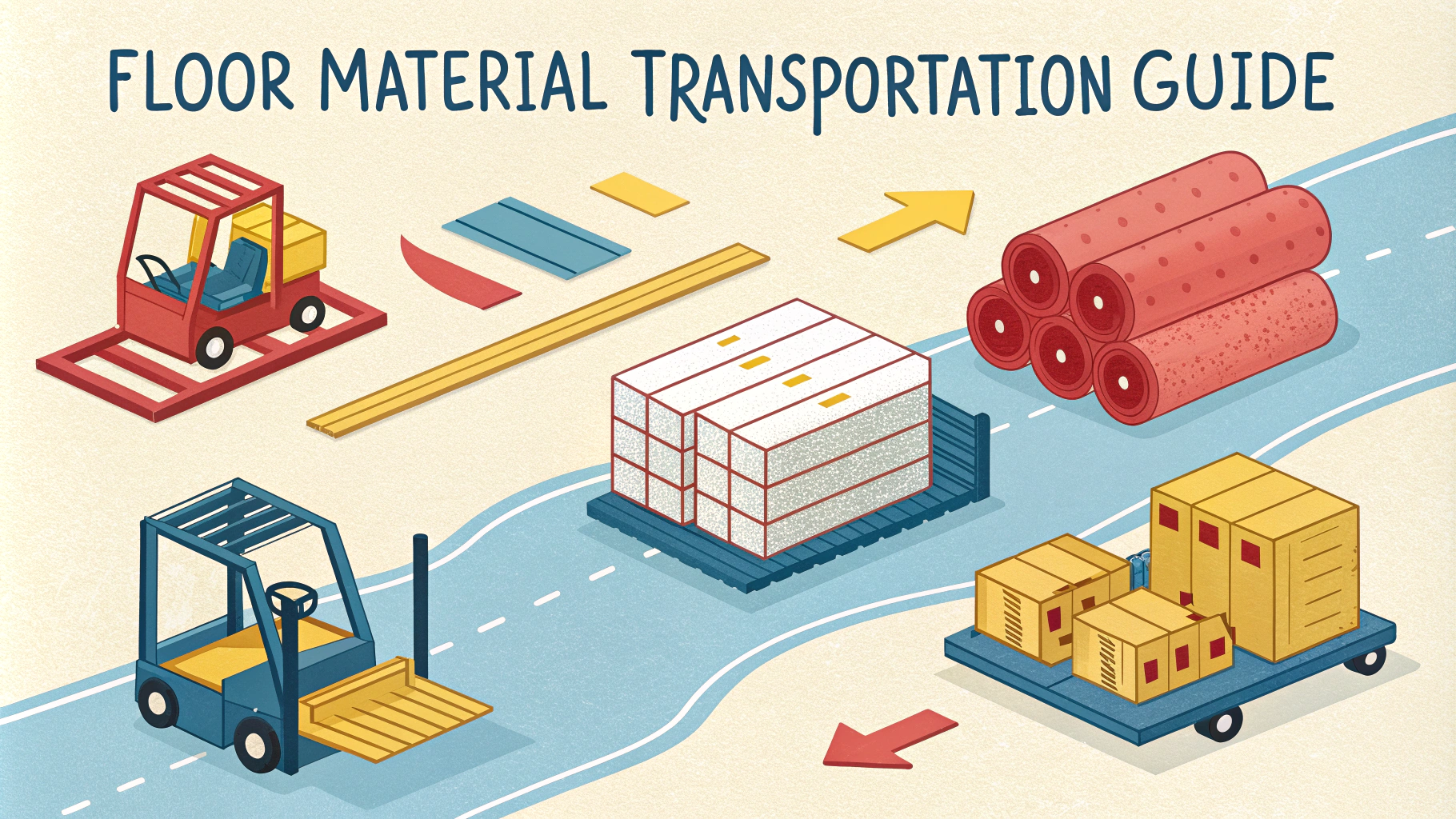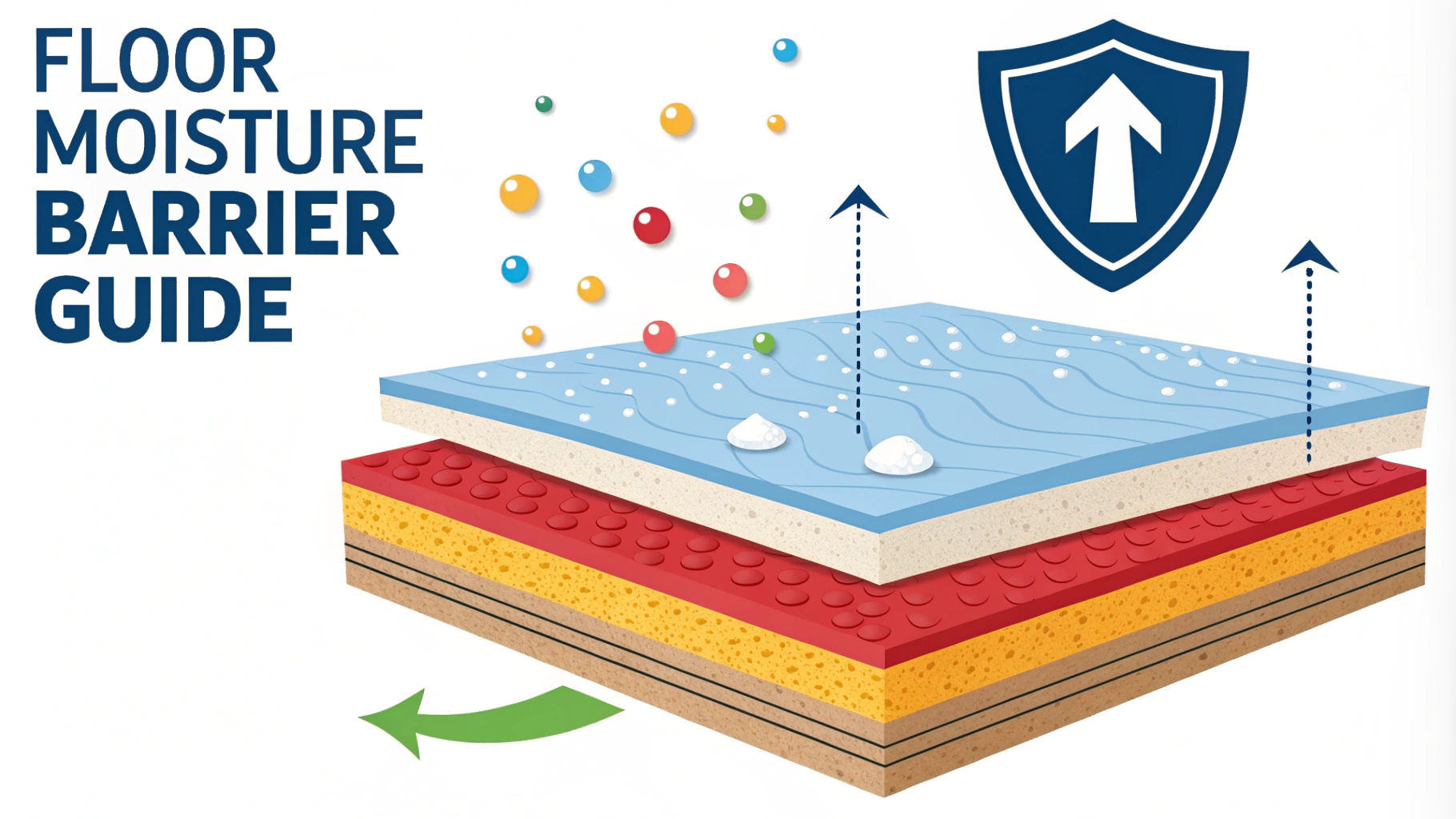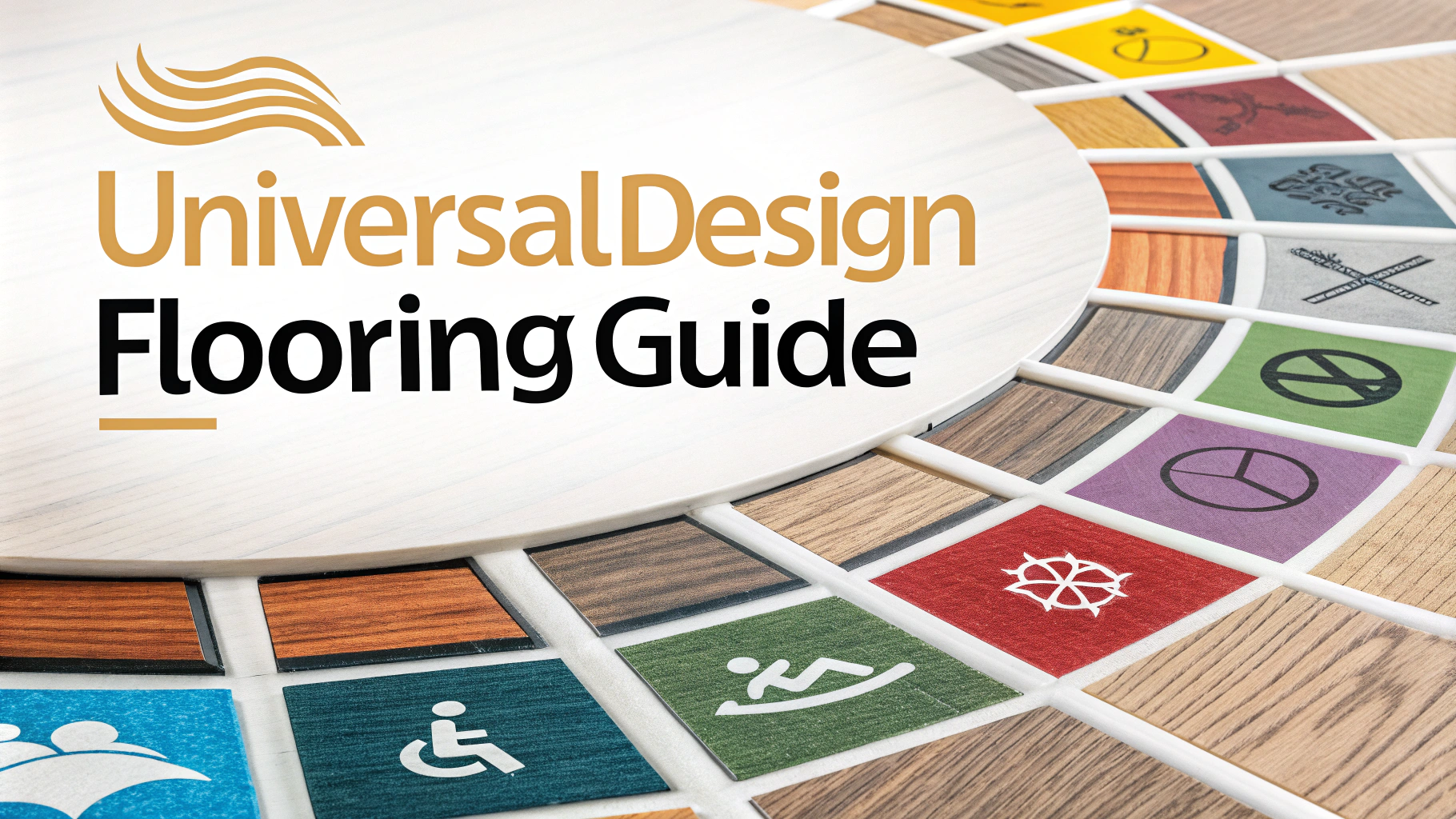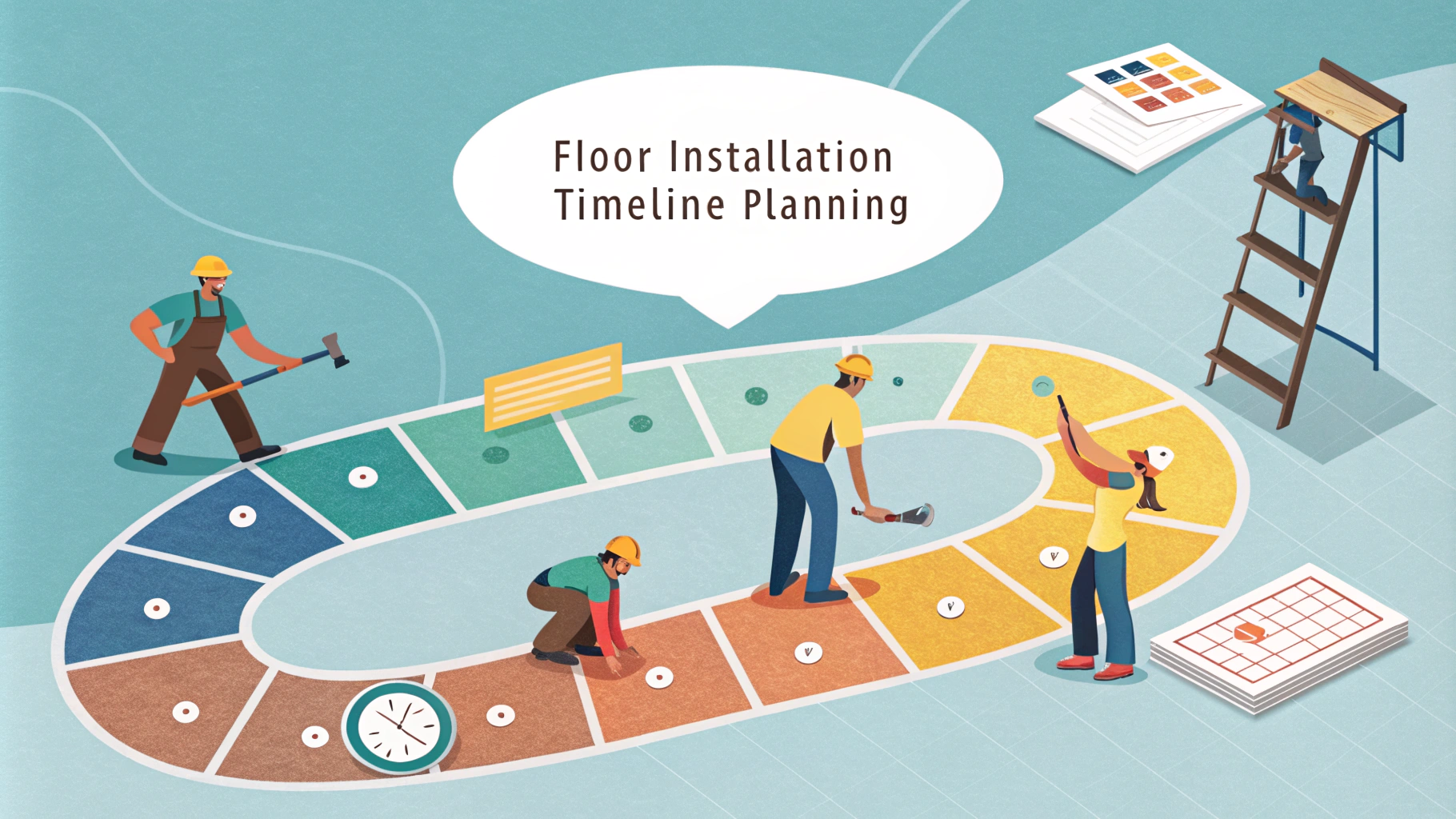Making smart flooring choices can significantly impact your home’s resale value and overall appeal.
Poor flooring decisions not only affect the aesthetic appeal but can also lead to costly repairs and decreased property value.
Understanding common flooring mistakes helps homeowners make informed decisions when renovating or updating their living spaces.
Major Flooring Mistakes to Avoid
- Mixing Different Wood Tones – Using multiple wood types or finishes creates a disjointed appearance
- Installing Carpet in Moisture-Prone Areas – Bathrooms and basements require water-resistant flooring options
- Choosing Low-Quality Materials – Cheap flooring often shows wear quickly and requires frequent replacement
- Improper Installation – DIY mistakes can lead to gaps, buckling, and uneven surfaces
- Ignoring Subfloor Problems – Failing to address underlying issues can cause new flooring to fail prematurely
Room-Specific Flooring Solutions
| Room | Recommended Flooring | Materials to Avoid |
|---|---|---|
| Kitchen | Tile, Luxury Vinyl, Hardwood | Carpet, Laminate |
| Bathroom | Porcelain Tile, Vinyl | Hardwood, Carpet |
| Living Room | Hardwood, High-Quality Carpet | Ceramic Tile |
| Basement | Vinyl, Engineered Wood | Solid Hardwood |
Cost-Related Mistakes
- Selecting materials based solely on price without considering longevity
- Skipping professional installation to save money
- Not factoring in maintenance costs
- Failing to purchase extra materials for future repairs
Installation Tips for Better Results
Allow new flooring materials to acclimate to your home’s environment for at least 48 hours before installation.
Use proper underlayment and moisture barriers where needed.
Ensure the subfloor is clean, dry, and level before beginning installation.
Maintenance Mistakes That Reduce Value
- Using harsh cleaning products that damage protective finishes
- Neglecting regular maintenance schedules
- Failing to address spills and stains promptly
- Not using furniture protectors on hard surfaces
Smart Flooring Investment Strategies
Research current market trends in your area to choose flooring that appeals to potential buyers.
Consider the neighborhood standards when selecting flooring materials and styles.
Document proper care instructions for future homeowners.
Keep receipts and warranty information for all flooring installations.
For professional flooring consultation and installation, contact the National Wood Flooring Association at 800-422-4556 or visit their website at www.woodfloors.org.
Environmental Considerations
- Choose sustainable and eco-friendly materials when possible
- Look for flooring with low VOC emissions
- Consider recyclable or reclaimed materials
- Verify environmental certifications
Common Design Oversights
Consider the room’s natural light and how different flooring materials reflect or absorb it.
Factor in the architectural style of your home when selecting flooring patterns.
Design Elements to Consider
- Room size and proportions
- Traffic patterns and flow
- Existing décor and color schemes
- Future renovation plans
Long-Term Value Protection
Implement a comprehensive maintenance schedule for different flooring types.
Keep detailed records of installations, warranties, and maintenance performed.
- Schedule professional deep cleaning annually
- Monitor wear patterns in high-traffic areas
- Address repairs immediately to prevent further damage
- Update protective treatments as recommended by manufacturers
Making Flooring Work for Your Future
Invest in quality materials and professional installation to ensure lasting value. Consider both immediate needs and long-term benefits when making flooring decisions.
Remember that well-maintained, appropriately chosen flooring can significantly enhance your home’s marketability and overall worth.
Take advantage of professional resources and expert advice to make informed decisions that will benefit your home for years to come.
FAQs
1. What are the most common flooring mistakes that reduce home value?
Installing mismatched flooring between rooms, using low-quality laminate in high-end homes, installing carpet in bathrooms or kitchens, and choosing trendy patterns that quickly become outdated.
2. Does installing different flooring types in adjacent rooms impact home value?
Yes, using multiple flooring types in connecting spaces creates visual discontinuity and can make spaces appear smaller, typically reducing home value by 2-5%.
3. How does improper installation affect flooring longevity and home value?
Poor installation leads to gaps, buckling, uneven surfaces, and premature wear, potentially decreasing home value by 5-10% and requiring costly repairs or replacement.
4. Can vinyl flooring decrease home value in luxury properties?
Yes, using vinyl flooring in luxury homes, especially in main living areas, can decrease property value as buyers expect higher-end materials like hardwood or natural stone.
5. What impact does carpet in bathrooms have on home value?
Carpet in bathrooms significantly decreases home value due to moisture retention, mold risk, and hygiene concerns, potentially reducing bathroom appeal by 15-25%.
6. How do dark floors affect home marketability?
Very dark floors can make spaces appear smaller, show dust and scratches more easily, and may limit buyer appeal, potentially affecting home value by 3-7%.
7. Does DIY flooring installation impact resale value?
Poorly executed DIY flooring installation can reduce home value by 10-20% due to visible imperfections, improper subflooring preparation, and potential structural issues.
8. What flooring mistakes affect moisture resistance and home value?
Installing non-waterproof flooring in moisture-prone areas, improper sealing, and inadequate subflooring preparation can lead to water damage, potentially decreasing home value by 15-30%.
9. How does inconsistent wood grain direction impact home value?
Inconsistent wood grain direction between rooms creates visual discord and appears unprofessional, potentially reducing home value by 2-4%.
10. Can outdated flooring patterns significantly decrease property value?
Yes, heavily patterned or trendy flooring choices can date a home quickly and decrease value by 5-10% as they limit buyer appeal and often require replacement.
11. What impact does improper floor leveling have on home value?
Uneven floors can indicate structural issues, create safety hazards, and decrease home value by 8-15% while potentially leading to additional flooring damage.

